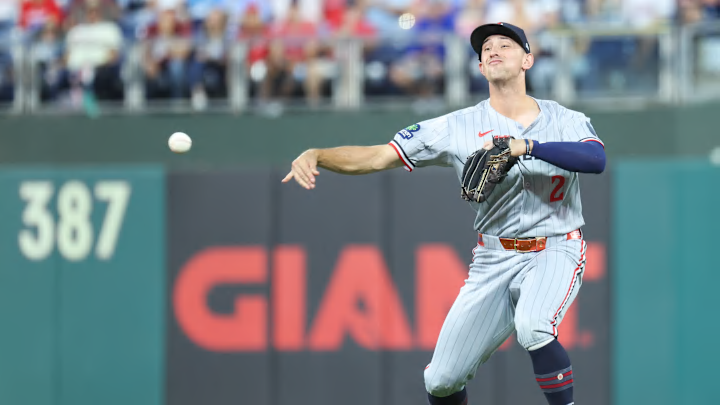Will the Twins sign Joe Ryan, Ryan Jeffers and keep Pablo López? This is among the many decisions the Pohlad family faces as it has recently reaffirmed its commitment to winning. They opted to take on minority owners to solve debt issues and not sell the team. Will the Twins usher in an era of genuine financial competitiveness or cling to their historically frugal payroll model, prioritizing financial longevity over competitive relevance? What is realistic to expect for Twins fans?
The Historical "Way"
Historically, the "Twins Way" has been defined by a reliance on scouting and player development to build the core of the roster, supplementing the homegrown talent with modest, short-term free-agent signings. This approach allows the team to be competitive without venturing into the upper tiers of Major League Baseball payrolls. The commitment to a relatively mid-market payroll has been a consistent feature, such as the significant cuts that followed their 2023 playoff appearance. This pattern suggests that profitability and debt management, recently highlighted by recent debt burdens, are paramount considerations that supersede the goal of year-after-year championship contention.
A "Commitment" with Caveats
The Pohlad family’s stated commitment to winning must be viewed through a pragmatic lens. "Winning" for a cost-conscious mid-market ownership group often means maximizing the return on investment— primarily through affordable, controlled minor league talent and second-chance, affordable, free agents. This strategy maintains fan engagement and revenue without the high-cost investment required to compete with perennial high-spending behemoths. The current financial climate and organizational choices support this view. After a recent trade deadline sell-off to shed future payroll and the ongoing need to manage substantial debt, a significant, immediate, and sustained increase in payroll to a top 10 level seems improbable.
The Twins' "New Way"
In reality, the "novelty" will likely be a calculated fiscal approach much like the old: spending aggressively on key players only when the window of contention with their young, cost-controlled core is wide open. They may authorize one or two high-priced contracts, like Pablo López or Byron Buxton, but this will be balanced by trading away expensive assets as they approach their peak value to reset the financial clock. This avoids the long-term, expensive contracts that limit the flexible spending needed elsewhere to keep a competitively balanced roster.
Remaining Relevant, Not Dominant
In brutal honesty, the Twins will have to have the fiscal discipline to remain outside the top echelon of spenders, but they can't be so tight-fisted as to be utterly uncompetitive. Their "way" will continue to be that of a smart, small-market team: focused on analytics, development, and maximizing the value of every dollar spent. This strategy can yield division titles and even occasional playoff success. It will have to fall short of financing a roster that can withstand injuries or compete consistently with the financial might of larger-market clubs. The Pohlads' commitment, in practice, is to relevance, not to the financial dominance which just isn't a current reality (stay tuned for a very interesting 2027 collective bargaining agreement).
